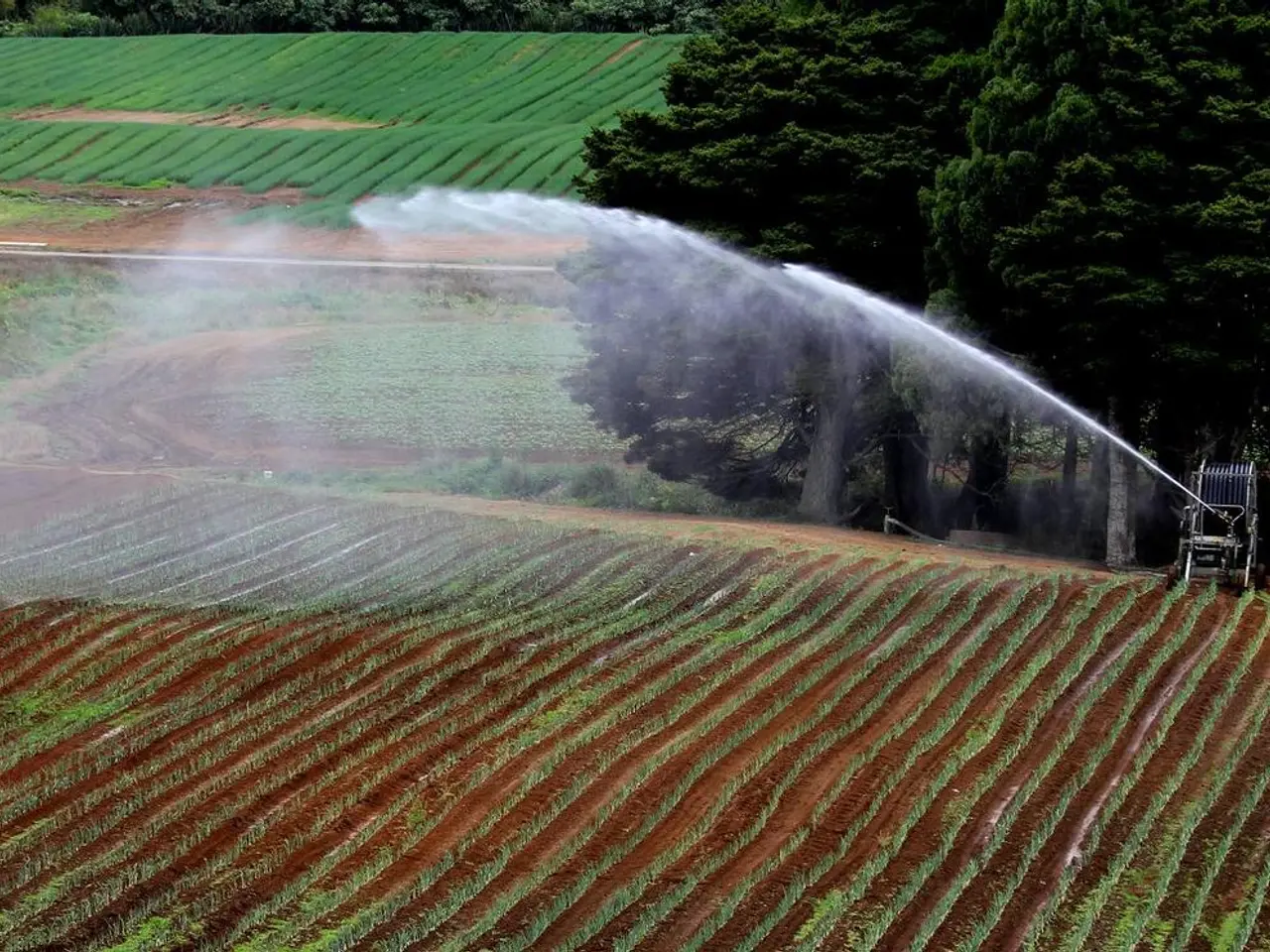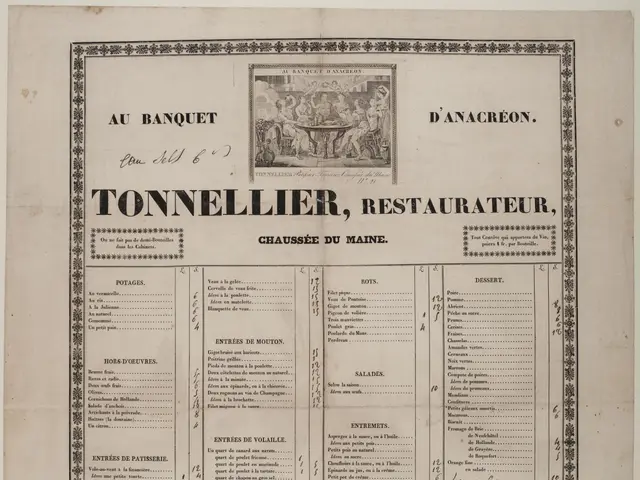Japanese partners and PAN Group seal agreement, aiming to advance eco-friendly farming practices
In a significant move, 12 agreements were signed at the Vietnam-Japan Public-Private Partnership Forum held in Japan on September 4. One of these agreements involved Mavin Group, who recently broke ground on a $13.3 million agricultural complex in Son La province on August 16.
The agreements aim to foster collaborative efforts between state management agencies and businesses, with the goal of modernizing and digitalizing Vietnam's agricultural sector. AgriS, for instance, presented its solutions for agricultural modernization and digitalization to Prime Minister Pham Minh Chinh.
The application of digital technology is seen as essential for developing sustainable agriculture, promoting efficient resource use, and enhancing productivity and quality. This is echoed by the Vinaseed Research Institute (VRI), a member of PAN, who under the deal will play a key role in implementing an effectiveness test for biostimulants in Vietnam.
Biostimulants, biological products applied to plants or soil to stimulate natural physiological processes, are gaining traction in Vietnam. They enhance nutrient uptake, stress tolerance, productivity, and crop quality, making them ideal for meeting the tightening standards on food safety, residue limits, and sustainability in the EU, Japan, and the United States.
The forum attracted the participation of 100 businesses from Vietnam and Japan, opening up many new cooperation opportunities. Notably, Bayer CropScience Vietnam and Syngenta Vietnam cooperate with VRI to evaluate the effects of biostimulants in Vietnam.
The PAN Group, a major Vietnamese corporation in agriculture and food, achieved consolidated revenue of VND16.1 trillion ($650 million) in 2024, with exports to Japan reaching nearly $100 million, accounting for 34% of the group's total export revenue. Japan is currently the largest export destination for The PAN Group.
With government policies encouraging organic and biological agriculture, biostimulants are well-positioned to become prioritised products for development, registration, and market expansion. These collaborative efforts create opportunities for international cooperation in technology transfer, trials, and commercialisation, with Japan as a strategic partner.
The private sector's cooperation is considered crucial for achieving five important targets, including sustainable agricultural supply chains, green agriculture, innovation, digital transformation, and capacity building for farmers and small- and medium-sized enterprises.
C.P. Vietnam and the Ministry of Agriculture and Rural Development marked a key milestone in their cooperative relationship in a meeting on May 15. Nafoods Group also signed a $20 million cooperation agreement with FMO, a leading development finance institution.
The MoU between VRI and Mitsubishi Research Institute, Inc. (MRI), a leading think tank in Japan driving innovation and sustainable development on a global scale, opens up opportunities for long-term cooperation. These collaborative efforts are a testament to the commitment of both governments and businesses towards a sustainable and innovative agricultural sector in Vietnam.







